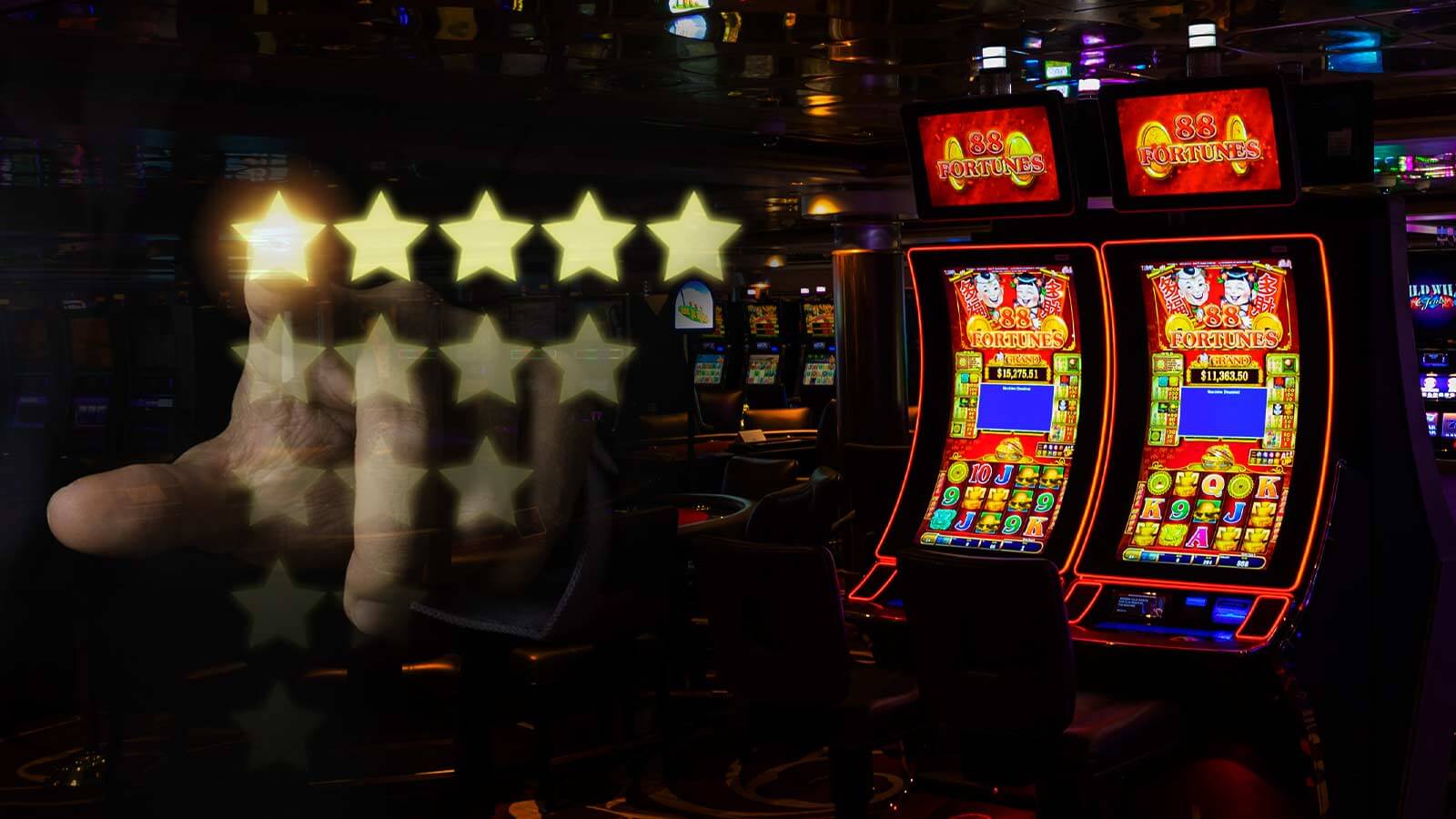
Gambling games have long captured the fascination of individuals around the world, becoming an essential part of both leisure and tradition. From the sparkling lights of Nevada to the engaging experience of online gaming, these experiences evoke enthusiasm, uncertainty, and sometimes even a sense of nostalgia. They are not just simply pastimes; they have woven themselves into the tapestry of human experience, influencing everything from cinema and melodies to style and books.
The appeal of casino games goes beyond the wagering aspect, tapping into broader themes of luck, risk, and human behavior. As players assemble around a gaming table or rotate the roulette, they engage in an ancient ritual that echoes with our shared desire for excitement and unpredictability. This captivation has led to the rise of many references in movies, songs, and gaming, showcasing how strongly entrenched these games are in popular culture. Whether it is the high-stakes tension of a legendary heist movie or the lively nightlife portrayed in music videos, casino games have established a substantial niche that reflects our connection with reward.
Cultural Significance of Casino Activities
Casino games have played a pivotal role in cultural contexts throughout history. Originating from ancient civilizations, forms of chance were often linked to rituals or gatherings. For example, early forms of gambling can be traced back to historic China and the Romans, where dice games and wagering on results were popular pastimes. These games not only served as leisure but also as methods of connecting people, facilitating relationships among people within societies.
As cultures evolved, so did the sophistication and structure of casino games. The creation of formal casinos in the 17th century, particularly in Italy, marked a significant shift in how games were viewed and structured. With designated spaces for gaming, the casino became a social hub where people from different backgrounds convened. This change contributed to the validation of gambling, transforming it from a mere pastime into an organized industry that influenced economy and regulations.
The impact of casino activities on mainstream culture cannot be understated. As they were brought into the limelight in books and film, games such as poker and blackjack became symbols of risk, chance, and tactics. Famous characters and stories have developed around these games, reflecting societal views towards fortune, prosperity, and immorality. This fascination with casino activities has infiltrated various forms of entertainment, solidifying their status in the collective consciousness and connecting them to wider cultural stories throughout the ages.
Representation of Gambling Activities in Media
Casino activities have long been a popular subject in different types of entertainment, reflecting both the thrill and nuances of gambling culture. Movies such as Ocean’s Eleven and Casino Royal portray individuals who navigate intense situations, showcasing not only the attractiveness of the gambling environment but also the methods and judgments that come with playing popular games like poker and blackjack. These films often dramatize the exhilaration of winning and the potential results of losing, encapsulating the dangers involved in gambling.
Television shows have also explored the world of gambling activities, often integrating them into the plot as a backdrop for character arcs and tension. Series like Las Vegas depict the stories of gambling employees and casino-goers, highlighting the vibrant, often chaotic energy of the casino floor. Docuseries featuring intense betting contests further emphasize the fascination of gambling activities, drawing viewers into the tension and planning involved in each round. Through these portrayals, media not only entertains but also prompts conversations about fortune, skill, and the character of randomness.
Digital games have increasingly incorporated casino games into their design, allowing players to experience the thrill of gambling without financial exposure. Games within the domain of online gaming often include online slot machines, poker, and other popular casino games, creating an engaging environment that mirrors real-life gameplay. These virtual portrayals make gambling activities accessible to a broad demographic, appealing to both gamblers and those who enjoy the thrill of virtual experiences. As a result, the representation of casino games in entertainment continues to shape public perception and cultural relevance, highlighting their role in society and culture.
Impact of Casino Games on Communities
Gambling activities have a significant effect on communities, affecting various facets of societal norms and interpersonal behavior. They often function as a venue for community engagement, where people gather to enjoy a shared activity. Casino trips with friends or trips to casinos become group events that foster connections and create shared moments. BJ88 thomo This collective aspect enhances the entertainment value of casino games, making them a favored choice for celebrations and leisure activities.
Moreover, gambling activities have been portrayed in numerous films, TV series, and literature, shaping perceptions and opinions towards gaming and gaming. Icons like James Bond competing in baccarat or the high-stakes poker scenes in films have cemented these games in the collective imagination. This depiction often idealizes the culture associated with gambling, drawing in new players and impacting trends in both fashion and behavior. These representations can spark curiosity and lead to a deeper exploration of the nuances of gambling.
However, there are also negative implications associated with the popularity of gambling activities. The allure of quick monetary gain can lead to problem gambling and financial troubles for some people. The community must contend with these consequences, promoting responsible gaming and awareness of the dangers involved. Balancing the entertainment value of gambling activities with the risks is crucial to ensure that they continue to be a beneficial aspect of our societal fabric.
